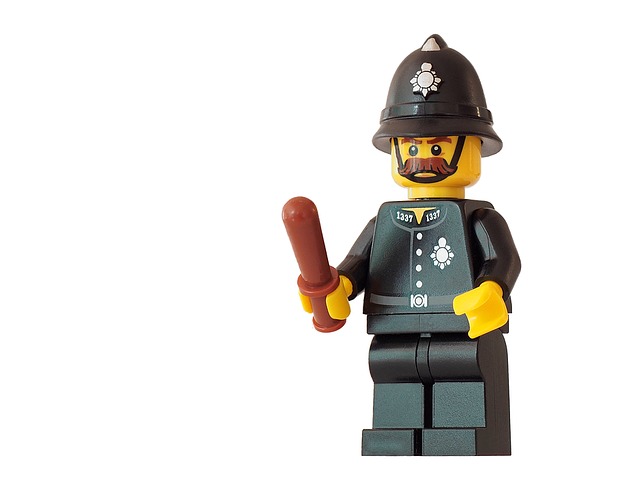A leading libertarian writer is due to address a dinner in Brussels next week on the subject: ‘Is health the new religion?’.
Hosted by the smokers’ group Forest EU on November 14, the event will ask the following questions:
- Should people be nudged or forced to change their lifestyle in their own best interests and that of the nation, or should they be left alone?
- What role does government and business have to play in improving our health?
- Are current regulations on legal but potentially unhealthy consumer products justified, and should they go further?
Guest speaker Claire Fox is director of the London-based Institute of Ideas and a regular panelist on BBC Radio 4’s The Moral Maze. She convenes the annual Battle of Ideas festival and is author of a recent book on free speech, I Find That Offensive.
Speaking ahead of the event, Claire Fox said it could sometimes feel as though a new secular religious fervor had taken hold in terms of an obsessive public health agenda.
“Behavior modification may have changed its form but guilt-inducing campaigns against smoking, drinking and so-called junk food are pursued with missionary zeal, suggesting that health paternalism is the new religion.
“Sadly this new shift lacks any chance of redemption as it relentlessly pursues evidence-lite policies that too often treat adults as hapless children who need saving from themselves.
“The nanny state invades even the most intimate aspects of how people live their lives, from what they feed their kids to how they spend their leisure time.”
Meanwhile, Guillaume Périgois, spokesman for Forest EU, said there was a rigid evangelism about the public health lobby that was moving swiftly from tobacco control to other areas, notably food and drink.
“People who allegedly abuse their bodies by smoking, drinking or eating the ‘wrong’ type of food are increasingly characterised as sinners compared to those who keep fit, eat healthily and don’t smoke or drink.
“Many people are concerned at the extent to which government is trying to dictate how we live our lives.”
It was time for a proper debate on an issue that had serious repercussions for individual freedom, he added.











